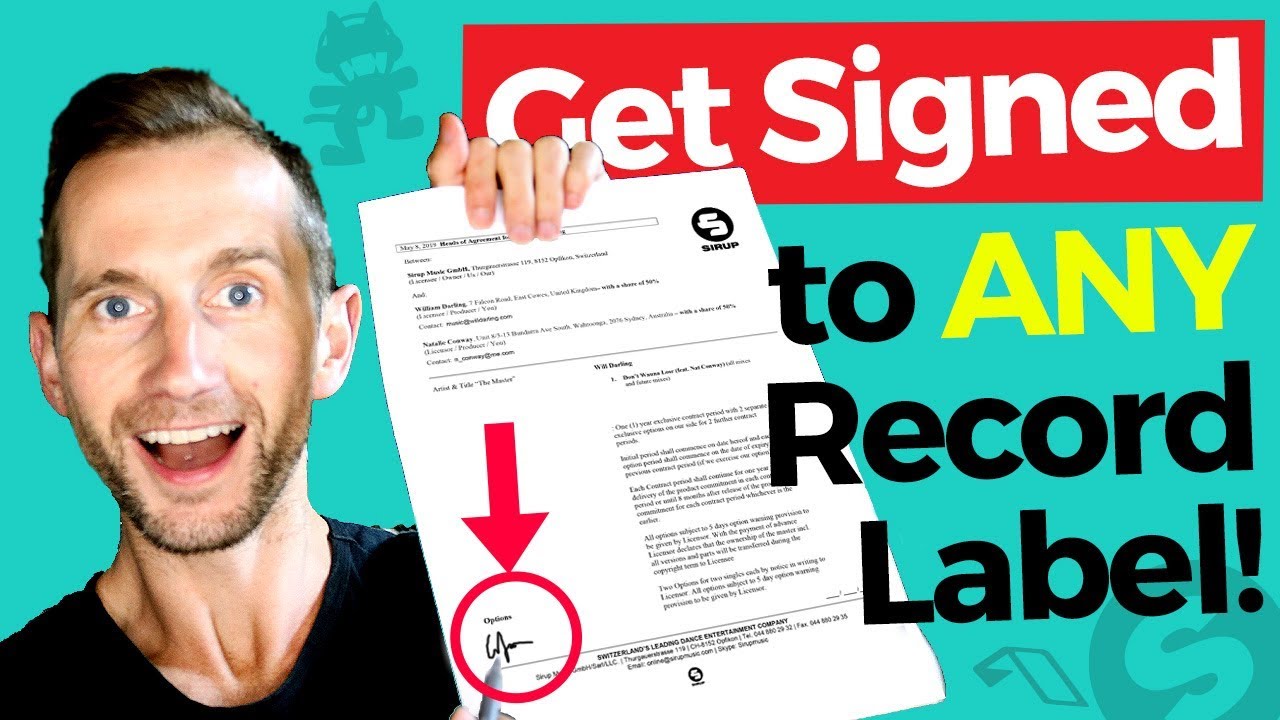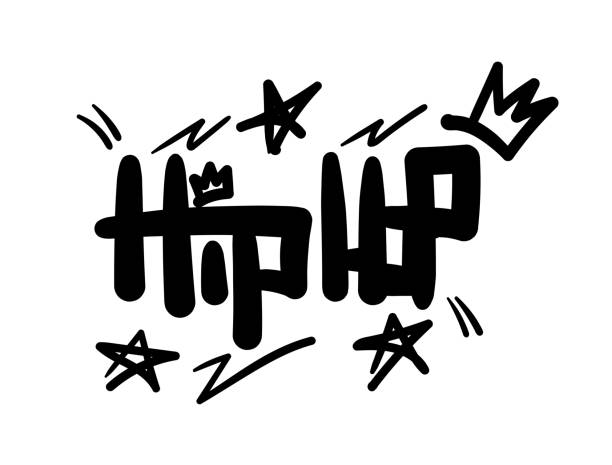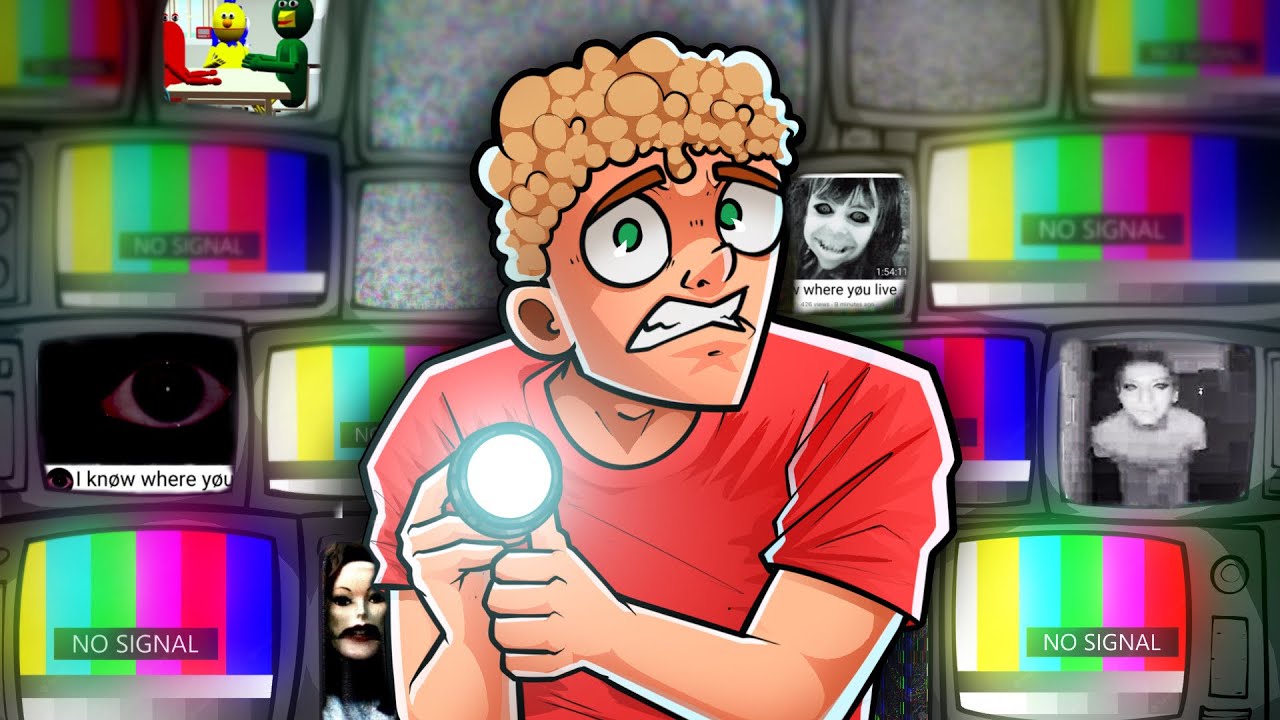


Hip Hop Hub Network
Hip Hop Hub Network: Welcome to the ultimate destination for hip hop artists, producers, and enthusiasts! Join our vibrant community to connect, collaborate, and elevate your craft. Whether you're looking to showcase your music, learn new skills, or network with industry professionals, the Hip Hop Hub Network has something for everyone. Get involved in events, workshops, and discussions that celebrate the culture and creativity of hip hop!
Powered by

Entering into a record label agreement is a significant milestone for many aspiring musicians; it represents a dream realized, a sort of validation for their hard work and dedication. However, the reality of being signed to a label often diverges from the romanticized version that artists envision. In this blog post, we will explore what being signed to a record label really looks like, detailing both the anticipated benefits and unexpected challenges that artists may face. ### The Initial Excitement of Landing a Deal The excitement of receiving a record deal is palpable. For many artists, it symbolizes a breakthrough that confirms their talent and potential. The initial meetings with label executives are often filled with hope and optimism. Artists may dream of large marketing budgets, professional production teams, and the possibility of national or even global exposure. This excitement can sometimes overshadow the critical aspects of the contract that should be thoroughly examined before signing. ### Contract Terms and Negotiations Understanding the contract is perhaps one of the most crucial steps in the signing process. Contracts can be lengthy and complex, filled with legal jargon that can be intimidating for many artists, especially those without prior experience in the music business. Terms such as 'recoupable expenses', 'royalty rates', and 'advance payments' are commonly used, yet many artists may not fully grasp their implications. Negotiating the contract is vital. Artists should seek legal counsel to help navigate the terms. Some important considerations include the length of the contract, the percentage of royalties, any creative control clauses, and the ownership of masters. Many artists find themselves locked into unfavorable deals that can hinder their creative output and financial success in the long run. Understanding the business side of music is critical for any artist considering signing with a label. ### The Loss of Creative Control One of the oftenunforeseen challenges of being signed to a label is the potential loss of creative control. While labels can provide resources and expertise, they may also impose certain constraints on an artist's creative direction. This can manifest in various ways, such as pressure to produce hit singles rather than expressing personal artistic vision, or demands to conform to current market trends that may not align with an artist's style. Many artists have voiced their frustrations regarding this issue. For instance, a famous pop star might be pushed to work with a particular producer because their sound is currently trending, even if it diverges from the artist’s unique style. This pressure can lead to artistic burnout, dissatisfaction, and even resentment towards the very label that once seemed like a dream come true. ### Financial Implications Financially, signing with a record label can be both a boon and a bane. While artists often receive an advance upon signing, which can provide immediate financial relief, it's essential to remember that these advances are typically recoupable against their future earnings. This means that the label expects to recover the money spent on the artist before the artist sees any real income from their music. Moreover, there are numerous costs that artists must consider, including promotional expenses, production costs, and potential management fees. Many new artists find themselves grappling with the harsh reality that even with a record deal, profits may be minimal after expenses are deducted. ### Insights from Industry Insiders To provide a more holistic view of the signing process, we gathered insights from various industry insiders, including producers, managers, and other artists who have navigated the complexities of record label deals. One manager noted that "Many artists underestimate the business aspect. You must be prepared not only to create music but also to understand how the music industry operates. Ignorance can be detrimental." Additionally, several artists shared their testimonials about their experiences with record labels. An indie artist recounted how they initially felt elated at being signed but later regretted parts of the deal that limited their artistic freedom. Conversely, another artist highlighted how a label's financial support allowed them to take their music to new heights, demonstrating that experiences can vary widely. ### Understanding the Business Side of Music For aspiring artists, the key takeaway is the importance of understanding the business side of music before entering into a label agreement. It is not just about making music; it’s about navigating a complex system that involves contracts, marketing, and financial planning. Artists should educate themselves about the industry, seek professional advice, and ensure they are making informed decisions regarding their careers. ### Conclusion In conclusion, while being signed to a record label can offer significant advantages in terms of exposure and resources, it is crucial for artists to approach the situation with a clear understanding of the potential drawbacks. From complex contract negotiations to the challenges of retaining creative control and navigating financial implications, the journey is multifaceted. Aspiring artists should remain vigilant, informed, and prepared to advocate for their artistic vision as they step into this exciting, yet complicated, realm of the music industry.
Related Blogs
View All









